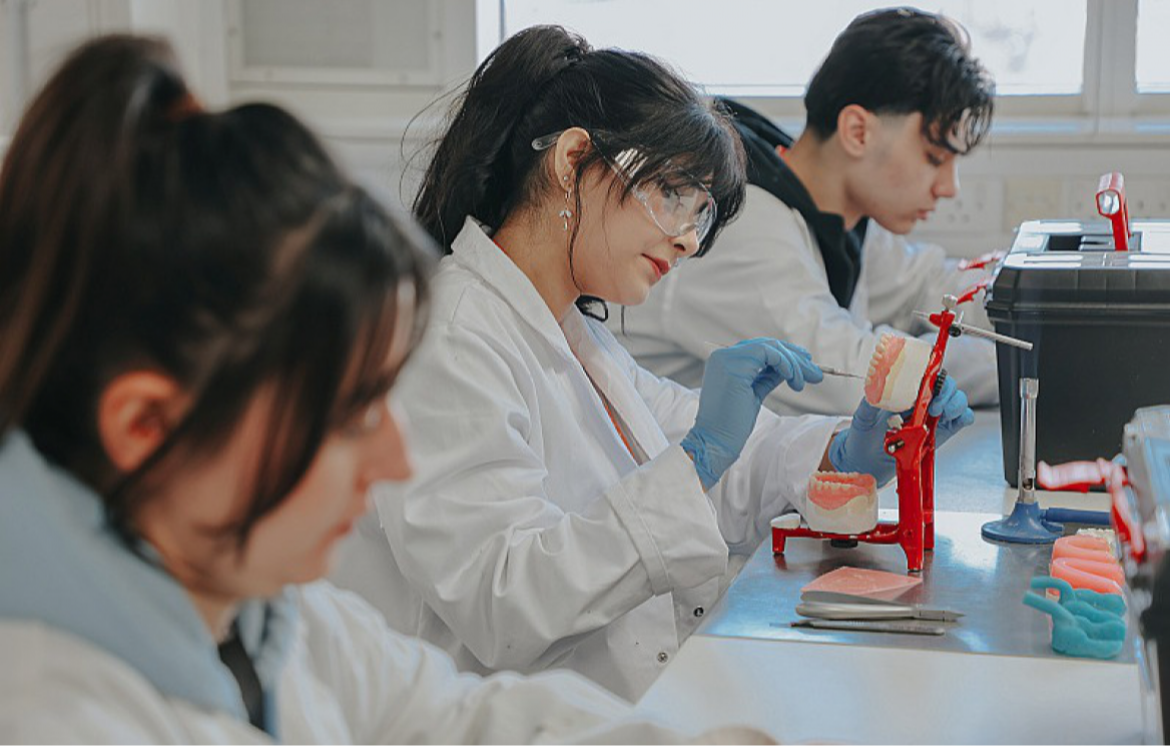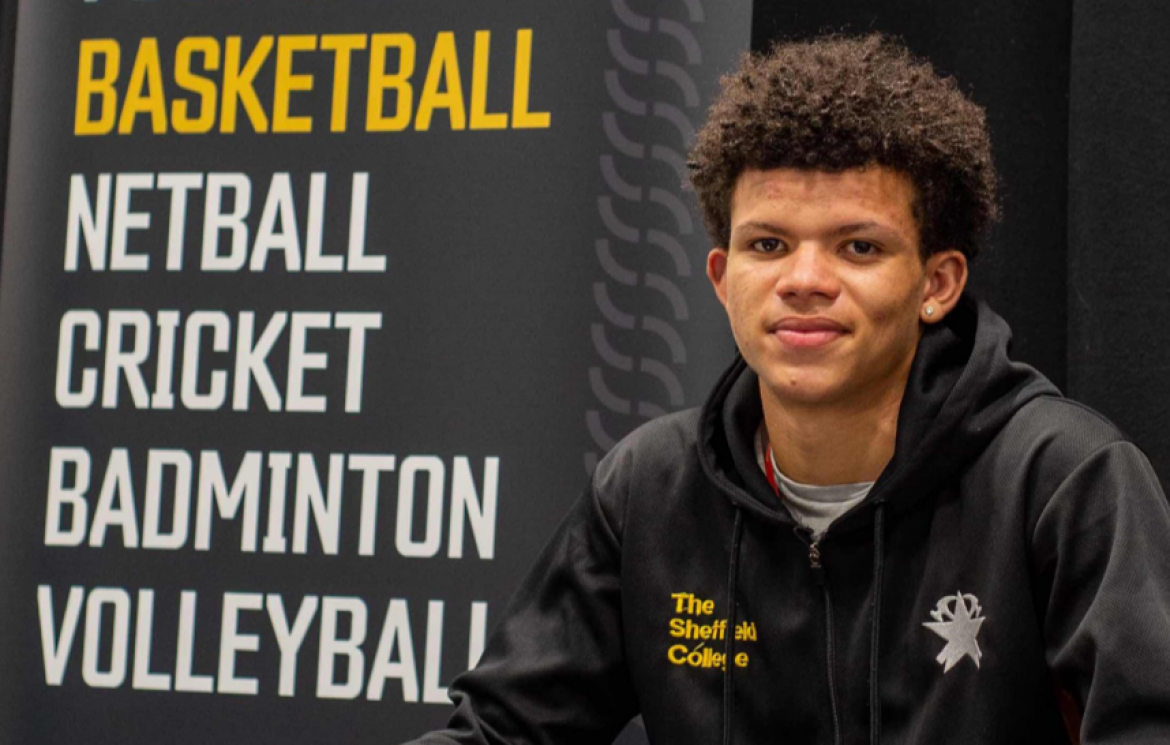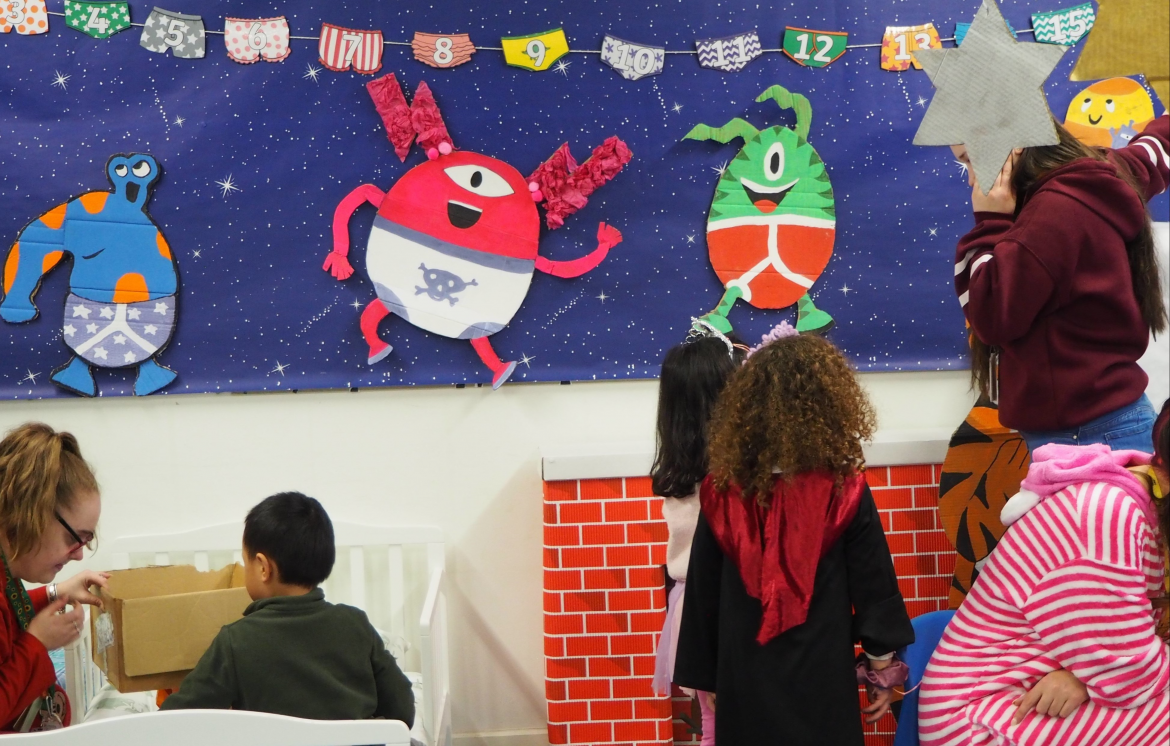
What’s your connection to science; do you have one?
Or, do you think that it’s not for people ‘like you’?
That might sound daft but recent research from the British Science Association shows that, from the 2,000 14 - 18 year-olds that they interviewed, only 34% of those surveyed thought that science was relevant to their lives.
When you consider that science affects almost everything we do in some way, shape or form, those numbers are super low.
So, the big question is, why the disconnect?
Well, a lot of it is down perception, down to what we perceive a scientist to be. Of those who were interviewed, only 8% could think of a scientist who looked like them. 8%!
If most people were asked to draw what they thought a scientist looked like, chances are they’d have most, if not all, the following features: an eccentric male with crazy hair and long white lab coat, doing experiments with ridiculously intelligent calculations on a whiteboard in the background.
We’re here to smash those stereotypes and show you that science is everywhere and a potential career for everyone!
Scientists are usually…male
Not only have there been lots of incredible female scientists over the years, but many of them have been trailblazers leading the way in new, life-changing discoveries and world firsts!
Marie Sklodowska-Curie is a double Nobel Prize winner, winning awards in both physics and chemistry – the only person to win two Nobel Prize Awards in two sciences! Marie Sklodowska-Curie is most famous for discovering the elements Polonium and Radium, and for her work of radiation. Without her work, we wouldn’t have x-ray machines!
Helen Sharman was a chemist working for Mars (yes, the chocolate bar!) when she heard an advert inviting people to apply to be an astronaut and go on a mission to the Mir Space Station. Helen jumped at the opportunity and, after completing her training, was selected as the ‘Prime Astronaut’ for the mission. In 1991, she became the first British person to visit space, spending nearly 8 days there!
Fun fact – Helen Sharman is from Sheffield!!
Kristen Marhaver is a name you might not be as familiar with yet but her research and work on reviving the ocean ecosystem has brought about new hope in the fight against climate change. Kristen’s work is helping coral species to survive, and she has been able to grow some endangered species of coral which will hopefully allow us to rebuild reefs around the world.
Scientists are usually…wearing a long white coat doing experiments in a lab
There may be points in a scientist’s career where they spend time conducting experiments in a lab, but it certainly doesn’t have to be the only place where they work. The environment in which a scientist works very much depends on the field that they are working in.
The study of science is so widespread, it wouldn’t make sense to not leave the lab. Each field of science needs to be interacted with a researched in detail, which can lead to some really unique opportunities, for example:
- A climate scientist may travel to the arctic circle to investigate sea level rise
- A food scientist may spend time in the kitchens testing out new plant-based recipes
- A space scientist may end up on the International Space Station tracking meteors
- A computer scientist may spend most of their time developing AI systems
- A biomedical scientist may work in a hospital maintaining equipment like x-ray, ultrasound and MRI machines, or testing medicines for radiotherapy or other nuclear medicines
Scientists are usually…eccentric geniuses
Scientists often come with the stereotype of being eccentric geniuses. People who seem a bit crazy and relentless in their discovery of new medicines, new theories. People like Einstein, for example.
However, most scientists are just normal people who want to make a difference to the world. Most scientists are people who have a passion about something and then use science to improve it. Not everything has to be about discovering the theory of relativity and our understanding of space, time and relatively.
There are loads of ways that science makes an important day-to-day impact on our lives, some examples of this include:
- Fighting climate change
- Developing cruelty-free skin care products
- Supporting the diagnosis and treatment of diseases
- Protecting pets against disease
- Helping athletes reach peak performance levels
So, as you can see from above, there are careers in science for everybody, including YOU!
If you're feeling inspired, check out the qualifications that can help you get started.

